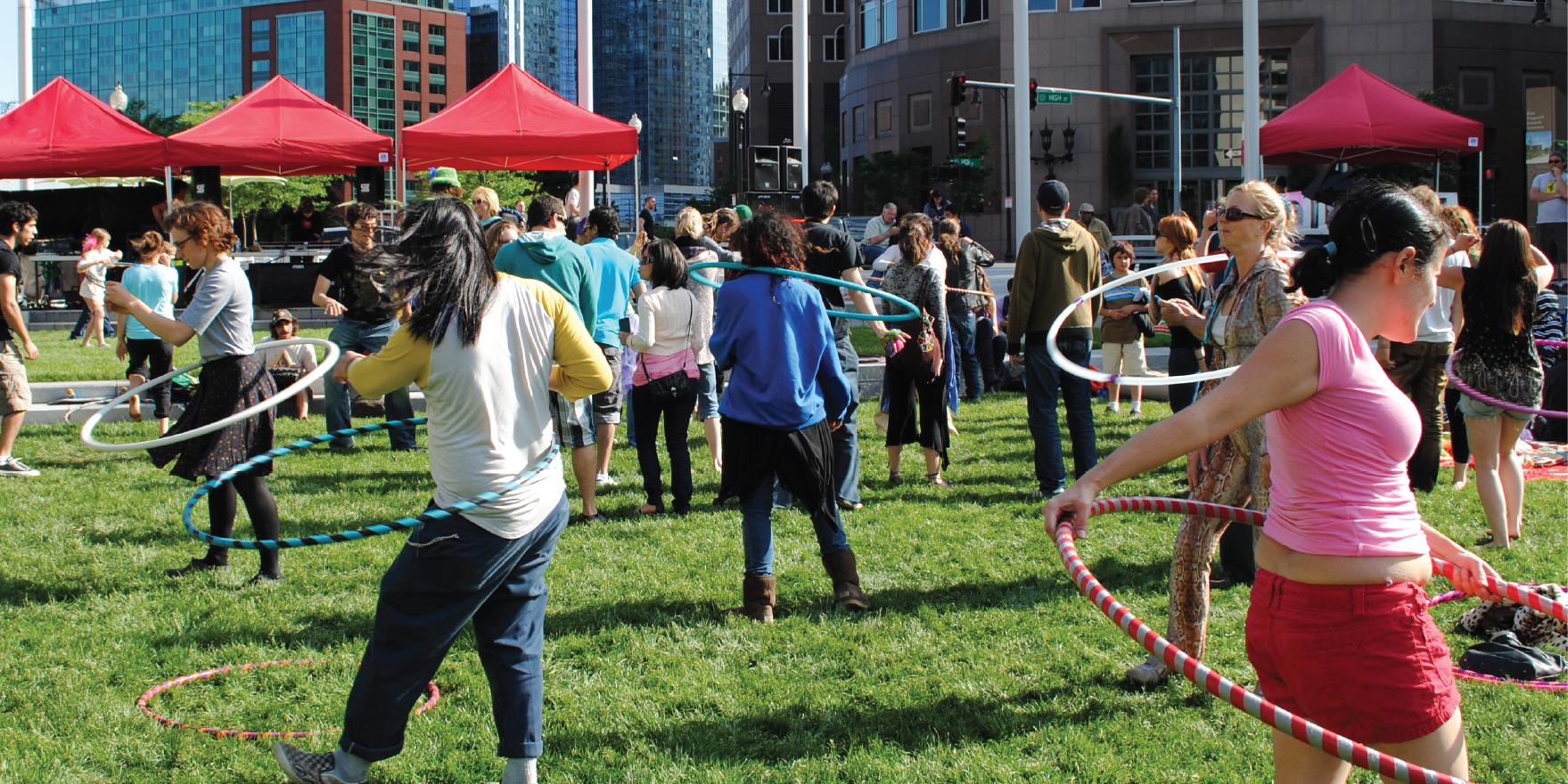
A Cure For Today's Society
Play is a central element in our health, well-being, creativity and intelligence. In fact, our success as an innovative culture rests on recognizing the importance of play in our daily lives.
However, much of what we consider play is structured and planned, often needs gear or special clothes, a specific place to be, and usually has rules that must be followed. While soccer, basketball, tennis and golf are good for us, they’re not “play.”
The lack of play among children has ripple effects when they become adults. Colleges are now reporting a lack of resilience among students who are increasingly anxious and depressed—and linking that back to a lack of play.
Unstructured play is informal, spontaneous, free and imaginative. It’s often the result of an unexpected interaction between one person and another person, a thought or the environment. “This kind of play promotes behaviors that help us cope with anxiety, problem solve, collaborate and embrace the unexpected,” Christina Frank, MIG, says.
Play is increasingly becoming a topic of conversation in the medical field and among some of the leading tech companies trying to woo young people and encourage creativity. Companies like Rackspace, Airbnb and Google are renowned for playful, collaborative environments.
What about the rest of us—we need to play too!
“We’re re-envisioning play and infusing it across our everyday experiences,” says Frank, co-Director of MIG’s new Play Studio. “There’s an opportunity to bring elements of play into the street, downtowns, the line at a bank, at a supermarket or mall, the workplace, even a courthouse,” continues Rebecca Colbert, Frank’s co-Director.
“Play in our environments can be permanent in-the-ground installations, ephemeral pop-up events, or travel from place to place,” Colbert says. What if you’re walking along and encounter a throne instead of a bench to sit on? What if you hear music and see dance steps on the sidewalk? What if you come upon a stationary bicycle that generates electricity for lights as you pedal? These elements interrupt a purely functional environment and draw us into it, sending a cue that allows us to—for a moment—come out of our prescribed roles in life and joyfully assume another. That’s play.
“Play is not just a swing set and it’s not just for kids,” Colbert concludes. MIG’s Play Studio will be sprinkling play into all our projects, from policy to design. Call on us for a fun time.

